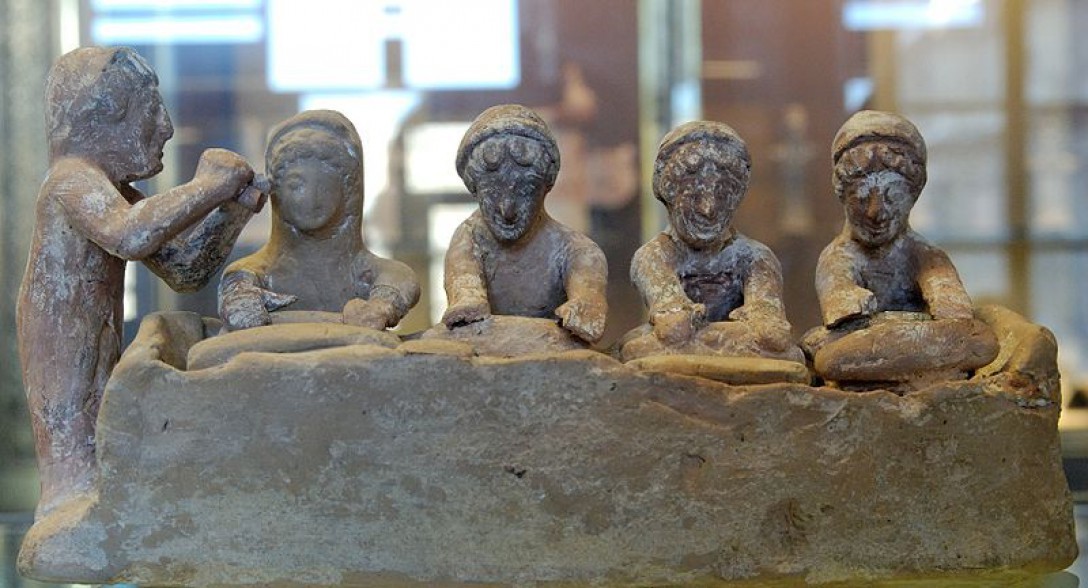29 April 2008 – The current food crisis threatens to undo all the recent efforts to lift people out of poverty around the world and could spark related economic, social and political crises, Secretary-General Ban Ki-moon said today at the inaugural event in the Geneva Lecture series.
“We are familiar with the causes: rising oil prices, growing global demand, bad trade policies, bad weather, panic buying and speculation, the new craze of biofuels derived from food products and so on and so on,” Mr. Ban said at the lecture, jointly organized by the UN Office at Geneva (UNOG) and the UN Institute for Training and Research (UNITAR).
He warned that the recent surge in prices of basic foods, such as rice, wheat and corn, already having an enormous impact on poor people worldwide, could lead to further deleterious effects.
“If not managed properly, it [the food crisis] could touch off a cascade of related crises – affecting trade, economic growth, social progress and even political security around the world.”
NewsID=26510&Cr=food&Cr1=crisis
About 25,000 people die every day of hunger or hunger-related causes, according to the United Nations. This is one person every three and a half seconds, as you can see on this display. Unfortunately, it is children who die most often.
Yet there is plenty of food in the world for everyone. The problem is that hungry people are trapped in severe poverty. They lack the money to buy enough food to nourish themselves. Being constantly malnourished, they become weaker and often sick. This makes them increasingly less able to work, which then makes them even poorer and hungrier. This downward spiral often continues until death for them and their families. http://www.poverty.com/
In the 21st century the technology may expands its presence in our life, but the lives of millions of people depend on charity. Greece is part of the global food crisis. The great expensiveness and the harsh neo-liberal politics have thrown into poverty 20% of Greeks. The 13% of Greek workers live below the poverty line.

